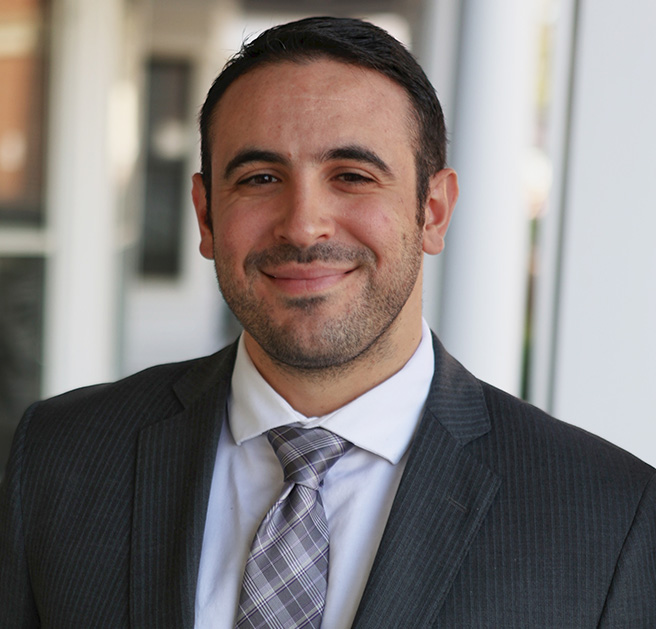Earlier this week, the New York City Bar Association issued an opinion that defines the professional obligations of attorneys who act as “local counsel.”
Lawyers very often use the term “local counsel” to describe an attorney who provides assistance on a matter within their jurisdiction, while the attorney primarily responsible for the matter, or “lead counsel,” practices in a different jurisdiction.
Despite the common use of the term “local counsel” among attorneys, the New York Rules of Professional Conduct do not distinguish between different categories of lawyers. Therefore, the New York City Bar Association’s opinion provides welcome guidance to firms like Twomey Latham, who are often called upon to serve as local counsel.
The New York City Bar Association’s opinion makes a number of important recommendations for attorneys who are acting as local counsel or clients and attorneys who are retaining local counsel to assist them with a matter:
- Local counsel should, but are not required to, enter into a separate written agreement with the client that discloses the scope of the representation.
- While attorneys may enter into agreements that limit their obligations as “local counsel,” “being designated as ‘local counsel’ does not narrow their ethical obligations” under the New York Rules, which give local and lead counsel “significant flexibility” in defining the scope of local counsel representation.
- Local counsel, like all lawyers, “are ethically obligated to provide ‘competent’ and ‘diligent’ representation to their clients.”
- An attorney who agrees to act as local counsel “may be subjected to obligations and risks that she does not anticipate or intend to assume.” However, New York attorneys may reduce some of these risks by entering into an agreement with lead counsel to limit the scope of representation under the New York Rules.
- Any such agreement with lead counsel will “not absolve a lawyer from her ethical duties, but rather [it] narrows the universe within which those ethical obligations apply.”
- Any such agreement with lead counsel must be disclosed and consented to by the client.
The clarification of the professional obligations for local counsel is a welcome development because we have found that the local counsel relationship often helps clients reduce litigation costs and eliminate the uncertainty associated with litigating in an unfamiliar court. As a result of our firm’s depth and experience, we often act as local counsel to represent clients in matters before the Suffolk County courts. We have a long relationship of working cooperatively and efficiently with lead counsel, in-house defense counsel and clients. We have found that clients and outside lead counsel can rely on our judgment and expertise related to local practice to help minimize missteps, prejudice and costs, which will lead to the best possible result for the client.



